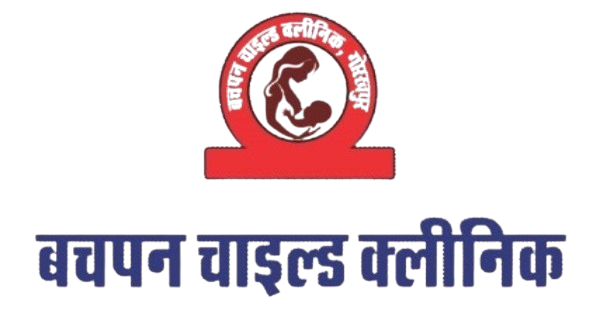Nutrition is the science of how the body uses food to sustain life, promote health, and support growth and development. It involves understanding the various nutrients in food, how they interact, and their roles in bodily functions.
Key Nutrients:
- Carbohydrates: The body’s main energy source. Found in grains, fruits, vegetables, and legumes.
- Types: Simple (sugars) and complex (starches and fibers).
- Proteins: Essential for building and repairing tissues, making enzymes and hormones.
- Sources: Meat, fish, dairy, beans, nuts, and seeds.
- Fats: Important for energy, supporting cell growth, protecting organs, and aiding in nutrient absorption.
- Types: Saturated, unsaturated, and trans fats. Healthy sources include avocados, nuts, and olive oil.
- Vitamins: Organic compounds necessary for various metabolic processes. Each vitamin has specific roles (e.g., Vitamin C for immune function, Vitamin D for bone health).
- Minerals: Inorganic substances that support processes like bone health, fluid balance, and muscle function. Important minerals include calcium, potassium, iron, and zinc.
- Water: Essential for hydration, regulating body temperature, and facilitating biochemical reactions.
Balanced Diet:
A balanced diet includes a variety of foods to ensure adequate intake of essential nutrients. The key components are:
- Fruits and Vegetables: Aim for a variety of colors and types to maximize nutrient intake.
- Whole Grains: Choose whole over refined grains for more fiber and nutrients.
- Lean Proteins: Include both animal and plant-based sources.
- Healthy Fats: Incorporate sources like olive oil, nuts, and fatty fish.
Special Considerations:
- Age and Life Stage: Nutritional needs vary by age, gender, and activity level.
- Medical Conditions: Certain health conditions may require dietary adjustments (e.g., diabetes, heart disease).
- Cultural and Personal Preferences: Nutrition should also consider individual beliefs, preferences, and dietary restrictions.
Importance of Nutrition:
Proper nutrition supports:
- Growth and Development: Crucial in childhood and adolescence.
- Immune Function: Helps the body fight infections and diseases.
- Mental Health: Certain nutrients are linked to mood regulation and cognitive function.
- Chronic Disease Prevention: A balanced diet can reduce the risk of diseases such as obesity, diabetes, heart disease, and certain cancers.
